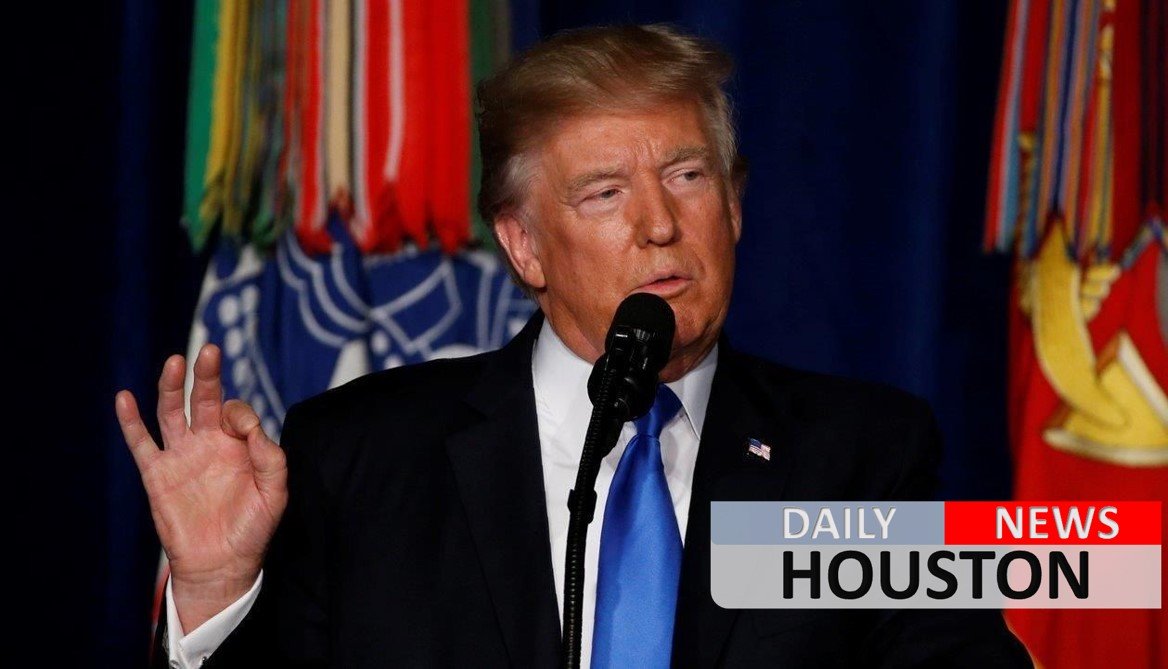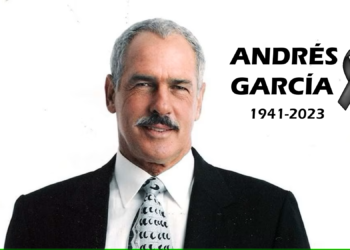By Douglas E. Schoen
On Monday evening, President Trump addressed the nation to outline his new strategy to win the war in Afghanistan.
After a series of accusations by lawmakers and the media suggesting that the president had been dragging his feet on the conflict, Trump confidently committed to sending an additional 4,000 troops to Afghanistan and indicated that the United States will work closely with NATO allies, as well as regional allies in Pakistan and India to resolve the conflict.
To open his address, the president followed through on an important recommendation that I have made over the past week.
Although President Trump could not have effectively made a speech about the events in Charlottesville and the need for unity in our country alone, he did use tonight’s address to lay the groundwork for healing the wounds of division in our country, essentially using the examples of unity and common purpose that our armed service members consistently display.
Despite President Trump’s overt confidence and soaring rhetoric on Monday night, his new plan is too little, too late.
This is the first step in a national reconciliation process that will take more time effort and commitment to implement. Along these lines, the President needs to lower his voice, reduce his tweets, and seek common ground with Republicans and Democrats alike.
That means explicitly no more discussion, much less analysis, of what happened in Charlottesville, no more characterization of Nazis and white supremacists, nor left wing activists, as “very fine people” as the president did in his press conference last week.
Further, President Trump needs to begin working toward compromise on key issues like health care, tax reform and infrastructure.
Otherwise his presidency — at the very least — will be far less successful than it might otherwise be.
On Monday night, however, the president successfully changed the national conversation to foreign policy and military strategy.
In regard to the president’s new strategy, Secretary of Defense Jim Mattis has indicated that he has already made preparations to expeditiously carry out the president’s new guidance and effectively “destroy the terrorist hub” in Afghanistan.
At this time, 4,000 additional U.S. troops are far too few to stop the full range of terrorist and insurgent threats menacing the United States and challenging the Afghan government.
To be sure, as Senator John McCain has stated, the president’s new strategy is “a big step in the right direction with the new strategy for Afghanistan.”
However, as Senator McCain continued, “the unfortunate truth is that this strategy is long overdue, and in the interim, the Taliban has made dangerous inroads.”
In large measure, President Obama is to blame for the current state of affairs in Afghanistan, specifically the resurgence of the Taliban and emergence of other dangerous groups during the former president’s second term.
It is my view that despite President Trump’s overt confidence and soaring rhetoric on Monday night, his new plan is too little, too late.
More acutely, the promises made in the speech simply do not align with the harrowing reality that the new troops will find once on the ground in Afghanistan.
Modern Middle Eastern history tells us that no foreign power has ever succeeded in Afghanistan and there is no reason to believe things will change with this small additional troop allocation.
As is well-known, and President Trump reminded us tonight, the war in Afghanistan is the longest military conflict in U.S. history.
Given the recent gains made by the Taliban, Haqqani, Islamic State in Khorasan, and other terrorist groups, more is needed to successfully reassert the Afghan government’s control, as well as bring American involvement to an end.
Clearly, bringing the conflict to an end could potentially stand as one of President Trump’s greatest achievements.
But given the complexities of the political and military situations on the ground in Afghanistan, this achievement will take a serious commitment, extending well beyond what the United States has already dedicated over the past sixteen years.
As the president stated, victory will now have a “clear definition, involving five key facets: attacking our enemies, obliterating ISIS, crushing Al Qaeda, preventing the Taliban from taking over the country, and stopping mass terror attacks against Americans before they emerge.”
These causes are all well and good and it is my hope the president and our military succeeds.
To do so, I share Senator McCain’s recommendations for the president, which are that he must regularly address the American people about why we are fighting, effectively articulate the details of his strategy and his expectations to those fighting, effectively make the case to the American people why the additional commitment of lives and resources are worth it, and, above all, clearly define success and the specific “conditions” on the ground we are seeking.
As echoed in Monday night’s address, President Trump’s reassertion of U.S. leadership around the world was a foundational component of his campaign.
I hope the president is successful in this mission as a means of ending this conflict in a dignified manner and finally securing stable democratic governance in Afghanistan.









